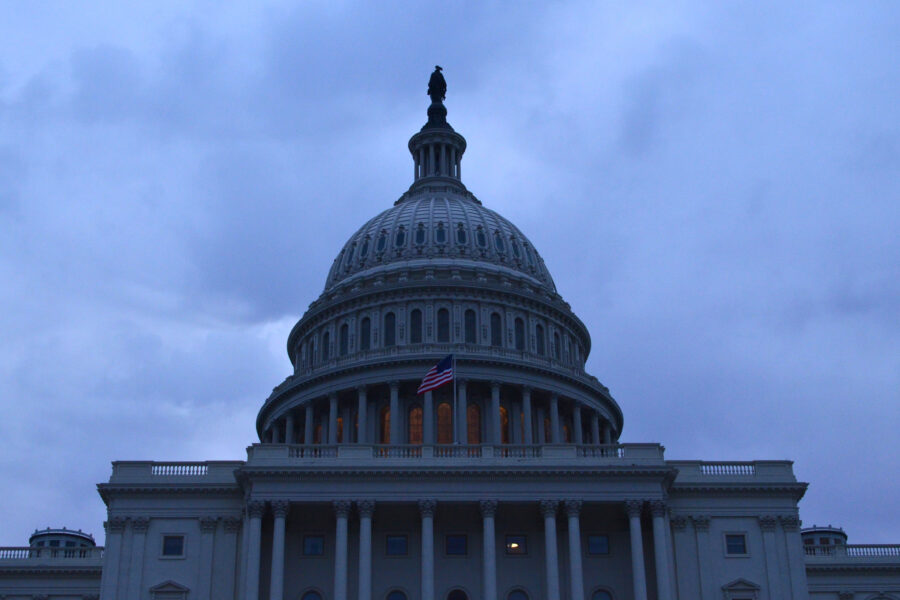
This post is being updated as new information comes in, current as of 11/12/25
Update: The government shutdown ended on November 12th.
When the federal government shuts down, it can sound scary. Headlines about “nonessential services” or “furloughs” make it hard to know what actually changes for your day-to-day life. The truth is: some things pause, some slow down, and many essential services continue.
Here’s what to know — and how to stay steady as this happens.
How can a shutdown impact your finances?
Benefits and assistance
Social Security, Medicare, and Medicaid payments will continue without interruption.
SNAP benefits were delayed or paused in many states as of November 1. Find out what that means in your state here. On November 3, it was announced that SNAP benefits will restart but will be half the normal payment and delayed. Reopening the government will restart the program but it’s not clear how quickly full payments would resume.
The WIC program received new temporary emergency funds on October 31st. The new funds are estimated to last between two to three weeks.
Keep an eye on official updates from your state or local agency. If you need help covering food costs, dial 2-1-1 or visit 211.org .
You can also find local food banks here and community sourced local pantries here.
Education and everyday services
Public schools remain open. However, Head Start programs are running out of funds quickly. The National Head Start Association said several of its grants ended on Oct. 31. If your child attends one, contact your local site for updates.
Your mail will still arrive. The U.S. Postal Service runs on its own funding, so postal workers will keep delivering letters and packages.
Federal employee pay
The situation is complicated for federal employees: agencies must classify workers as exempt (not affected), excepted (required to work without pay), or furloughed (sent home without pay), and these designations can shift as agencies reassess operations.
Some departments, such as the EPA and IRS, initially rely on leftover funds from the previous fiscal year to stay open, but will fully shut down once those funds are gone.
October military pay was temporarily secured through redirected funds but November paychecks are at risk if the shutdown continues, and many civilian and contract workers are already missing income.
If you or someone you know is impacted by the shutdown, check out our article Resources for federal workers
Prepare your finances: 6 things you can do now
- Check the status of your benefits. Don’t assume everything continues unchanged. Look at your state’s information for SNAP, WIC or other aid.
- Prioritize essential bills. Rent/mortgage, utilities, food.
- Coordinate with creditors and service providers. If you anticipate delays, customer service may be able to work out an accommodation.
- Use local community resources. If a benefit is delayed, local food banks, utility-assistance funds, and nonprofit networks may help.
- Stay informed. Since shutdowns are driven by political decisions, the landscape may shift quickly.
Other impacts of a government shutdown
- Most national parks and federal museums will close during a shutdown, though some outdoor areas like trails and open-air memorials may stay accessible. Just know that there won’t be staff around to maintain bathrooms or trash pickup.
- Air travel will continue, but expect more delays and longer lines.
- Passport applications will still be processed, but expect slower service if the shutdown lasts.
- Federal courts will stay open.
- Citizenship and Immigration Services will continue operating, though processing times may slow.
- The FDA will pause most domestic food safety inspections.
- The CDC will scale back monitoring for diseases like flu and COVID-19.


